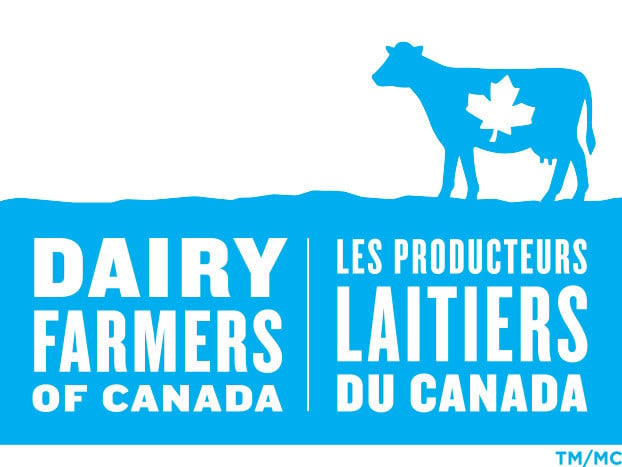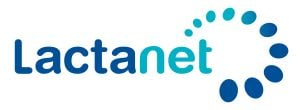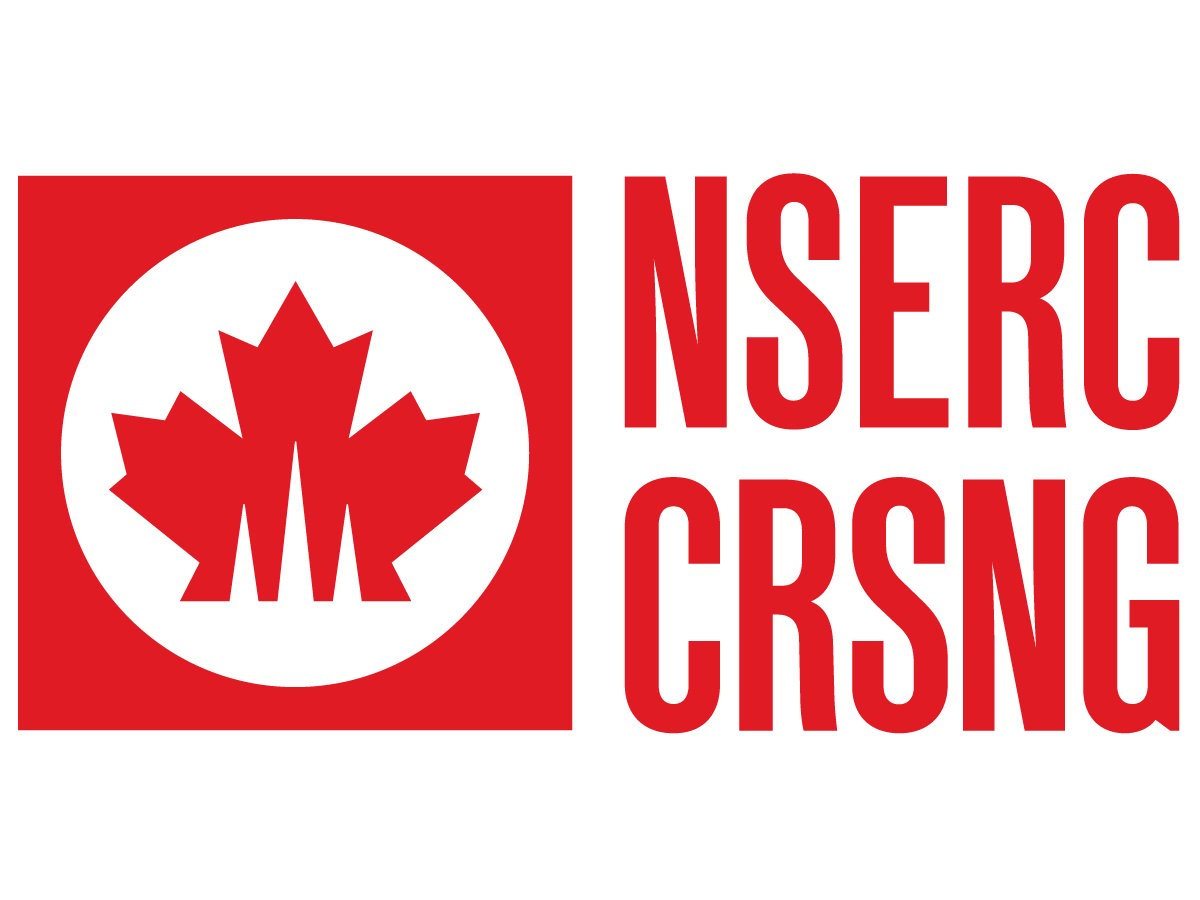
Project Overview
Biosecurity measures are critical for preventing the entry and spread of disease on dairy farms. The Chair in Biosecurity of Dairy Production aims to help dairy farmers prevent and control infectious disease on their farms in order to limit economic losses and reduce negative impacts on animal health, public health, and the environment. Through innovative research, this Chair is supporting farmers in this initiative, enhancing training efforts for a highly qualified workforce, and transferring technology and knowledge to the dairy industry.
The Chair is co-directed by Dr. Simon Dufour and Dr. Juan Carlos Arango Sabogal from the Faculty of Veterinary Medicine at Université de Montréal. The activities conducted and planned over the 2020-2025 period revolve around three major research themes:
- Theme 1: Identification of key biosecurity practices to prevent the introduction or spread of disease between herds (external biosecurity or bio-exclusion) and to control within herd prevalence.
- Theme 2: Validation of rapid, robust, and effective diagnostic strategies to support the implementation of rigorous biosecurity programs.
- Theme 3: Development of effective and economically viable monitoring programs and tools for control of diseases
What Did the Research Team Do?
Currently, the ongoing projects within this Chair have objectives around three main themes:
- Methodology to assess the adoption of biosecurity practices on Canadian dairy farms and identification of barriers to their implementation.
- Development and validation of classification models to determine the status of dairy herds for high-priority infectious diseases in the Canadian dairy industry.
- Surveillance of Bovine Viral Diarrhea (BVD) in Canadian dairy herds.
- Prevalence and evaluation of screening strategies for Mycobacterium avium subsp. paratuberculosis (MAP) in Canadian dairy herds.
- Development of a surveillance and control program for bovine leukosis in Canadian dairy herds.
- Validation of tank milk sampling strategies and study of risk factors for Salmonella Dublin in dairy herds.
What Did the Research Team Find?
Examples of results coming from this research include:
- The vast majority of dairy farmers in Quebec were found to apply most of the biosecurity measures designed to reduce spread of diseases already present in their herd (e.g., single use of gloves and needles). Biosecurity measures to prevent new diseases from entering their herds, such as management of visitors and newly introduced animals, were not as prevalent. Given the potential economic impact of introducing microorganisms, efforts should continue to be strengthened in this area.
- Similar to the prediction algorithms developed by Amazon and Netflix, for example, that can help predict future buying preferences, the adoption of future biosecurity measures on a given farm can be predicted based on the practices currently in place and measured using the proAction® Biosecurity Risk Assessment Questionnaire. This opens up a new avenue to help veterinarians to design personalized recommendations and to improve farmer uptake of disease prevention and control programs.
- Between 2018 and 2021, roughly 88%, 22% and 18% of dairy producers had standard operating procedures (SOPs) regarding vaccination for respiratory diseases, clinical mastitis, and neonatal diarrhea, respectively. Organic producers, however, were less inclined to use vaccination as a disease prevention strategy. This offers a baseline to try to improve upon in future interventions.
- Based on a seroprevalence study conducted on unvaccinated animals, the prevalence of BVD appeared to be quite low (<10%) on dairy farms from Ontario and Québec, but much higher (50-60%) in herds from Alberta.
- A number of research projects have been performed to refine and improve the understanding of testing strategies using bulk milk and/or sampling of a few apparently normal animals to detect Salmonella Dublin. Importantly, no matter the testing strategies chosen, researchers found a high-level of confidence in a negative test result. On the other hand, a positive test result has to be confirmed through other means, since most positive results are actually false-positive results. Moreover, a geographical component seems to be important for explaining spread of Salmonella Dublin between herds. Indeed, some regions appeared to have a higher-than-expected prevalence of the disease, indicating a spatial component for its transmission. The work continues to improve the industry’s ability to find, prevent, and treat this important disease.
- Several studies have explored survival and growth of various undesirable microorganisms (Cryptosporidium spp, Salmonella, bacterial species affecting udder health) in recycled manure solids (RMS) bedding. Of course, not all RMS harbour and grow microorganisms the same way, but, in general, the RMS production systems currently used on farms cannot control undesirable microorganisms. Moreover, research has also shown that, although milk quality was not affected, cows bedded using RMS had seven times higher risk of experiencing clinical mastitis caused by Klebsiella spp, compared to cows housed on straw.
Principal Investigators
Simon Dufour
Université de Montréal
Juan Carlos Arango Sabogal
Université de Montréal
Key Words
- Biosecurity, infectious diseases, MAP, Salmonella Dublin, Klebsiella
Link to the research chair: https://www.chairebiosecuritelait.org/en
Period: 2020-2025
Budget: $2,018,684
Last Updated: June 19, 2024
Note: As per the research agreement, aside from providing financial support, the funders have no decision-making role in the conduct of the studies, data collection, and analysis or interpretation of the data. Researchers are independent in conducting their studies, own their data, and report the outcomes regardless of the results. The decision to publish the results rests entirely with the researchers.
PROJECT COMMUNICATION OUTPUTS

TRADE PUBLICATION
READ MORE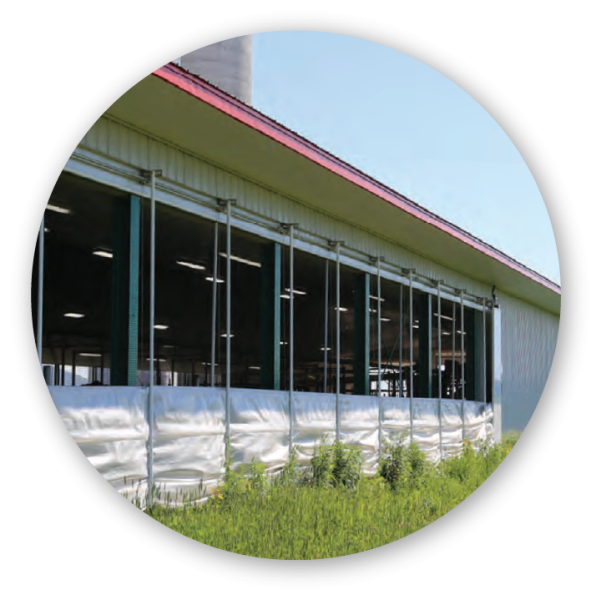
TRADE PUBLICATION
READ MORE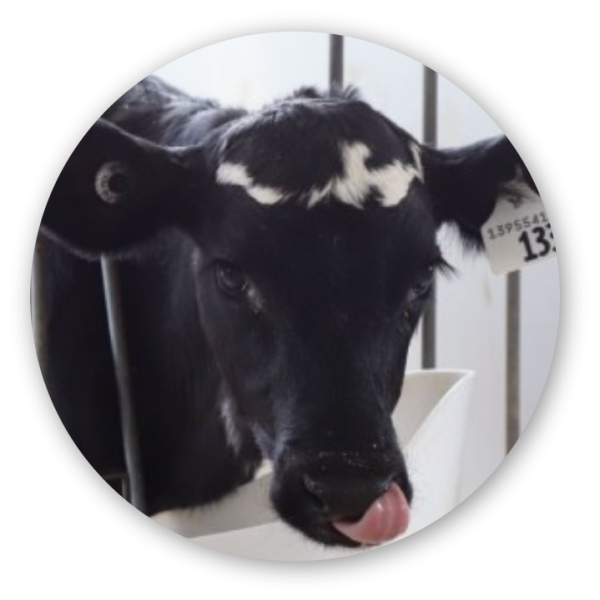
PODCAST
LISTENPROJECT PUBLICATIONS
- V.R. Lima-Campêlo, M.-E. Paradis, J.C. Arango-Sabogal, N. Beauregard, J.-P. Roy, M. Racicot, C. Aenishaenslin, S. Dufour. 2024. Biosecurity adoption in Québec dairy farms: Results from a risk assessment questionnaire analyzed using conventional and unsupervised artificial intelligence methods. J. Dairy Sci. 107: 6000-6014 https://doi.org/10.3168/jds.2023-24256
- J. Imada, J.C. Arango-Sabogal, C. Bauman, S. Roche, D. Kelton. 2024. Comparison of Machine Learning Tree-Based Algorithms to Predict Future Paratuberculosis ELISA Results Using Repeat Milk Tests. Animals 14(7): 1113 https://doi.org/10.3390/ani14071113
- J.C. Arango-Sabogal, O. Labrecque, J.-H. Fairbrother, S. Buczinski, J.-P. Roy, J. Arsenault, V. Wellemans, G. Fecteau. 2023. Comparison of 2 PCR assays on environmental samples cultured for Mycobacterium avium subsp. paratuberculosis. JVDI 36(1): 24-31 https://doi.org/10.1177/10406387231203970
- S. Buczinski, S. Dufour, J.C. Arango-Sabogal. 2023. Interpretation and Analysis of Individual Diagnostic Tests and Performance. Vet. Clin. North Am. Food Anim. Pract. 39(1): 1-19 https://doi.org/10.1016/j.cvfa.2022.10.001

